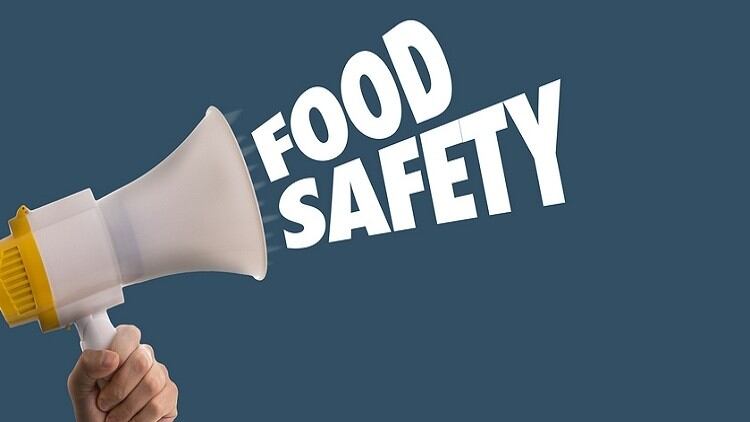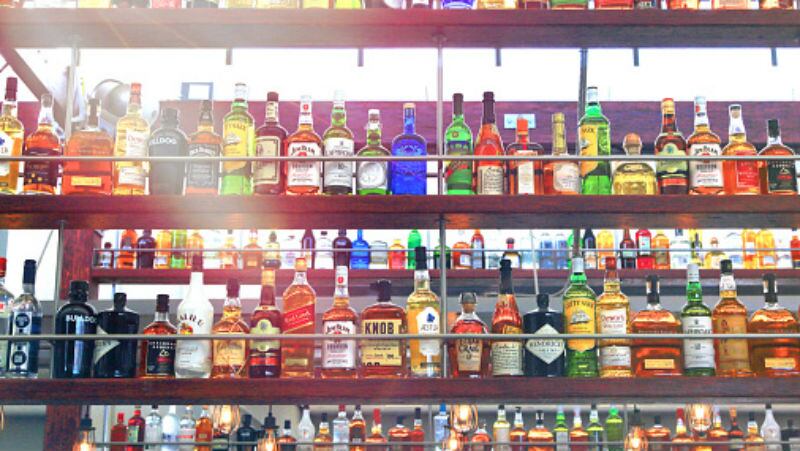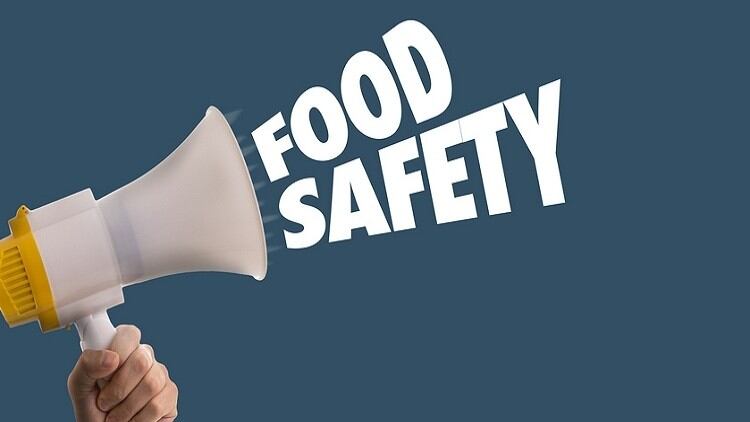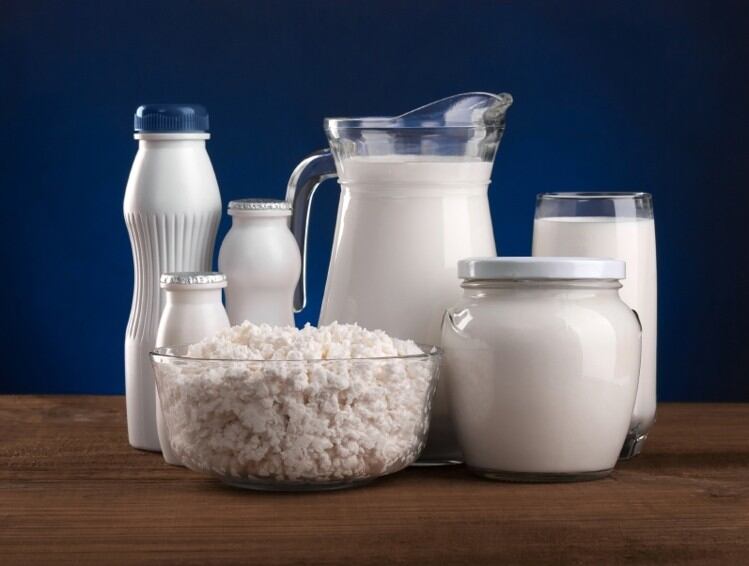According to official documentation from the Madhya Pradesh Department of Public Relations, this was part of an ongoing ‘ War for Pure’ campaign to battle adulteration in the state.
“Action has been taken against 31 traders [under] the National Security Act so far in the war campaign [being] run against adulterated food manufacturers and sellers,” stated Mukesh Modi from the department, who published the statement.
“[This campaign has been ongoing] since July 19 in Madhya Pradesh, and under the campaign a total of 6,463 samples including milk, milk products, other food items and pan masala have been collected so far.”
Of these samples, the test results of 1,484 items have been released, of which only 803 items, or 54% in total, were found to be ‘of standard level’ or safe for consumption.
“Within the remaining samples, 491 (33.1%) were found to violate current food safety standards, whereas the rest were either ‘unsafe’, had ‘restricted levels’ of adulterants, found to give false positives or were inadmissible,” he added.
Under the campaign, 87 other food and beverage adulterators had also been registered in the central Indian state.
In a separate statement, Madhya Pradesh Chief Secretary Sudhi Ranjan Mohanty called for ‘strict action’ against adulteration, calling this ‘nothing less than a heinous crime against human life and health’ and instructing that the campaign be intensified.
“Laboratories [in] milk federations and pharmacy colleges should also be used for testing the samples,” he said.
Trader fears
Despite the campaign’s noble intentions, it was initially met with trepidation by many food and beverage companies in the state, leading to the authorities issuing a series of statements to reassure the public that ‘only adulterators’ would be affected.
“Honest traders need not fear, only those who adulterate their food and milk products will have action taken against them,” said Madhya Pradesh Minister of Health and Family Welfare Tusi Ram Silawat.
“[Strict] action will be taken against officials [if complaints are received about them] harassing those who buy and sell ‘pure’, non-adulterated foods,”
Silawat made the statements after a memorandum was submitted to the Ministry of Minority Affairs and Backward Classes regarding purported harassment by officials running the campaign.
“The government has no intention of disturbing anyone unnecessarily [and] guarantees that any [honest] businessman can do business fearlessly without being bothered.”
Alcohol adulterators also to be prosecuted under NSA
Madhya Pradesh is not the first state in India to implement legal action against food adulteration under the NSA – earlier this year, Uttar Pradesh also passed amendments to laws governing liquor adulteration, allowing for prosecution under this act.
“Under the new law, licence[s] will be cancelled in the first instance and a case will be registered under sections 272, 273 and 304 of the Indian Penal Code against the [accused]. The Excise department will [also] register cases under the NSA and Gangster Act,” said Principal Secretary (Excise) Sanjay Bhoosreddy.
Section 272 covers the adulteration of food and drink intended for retail, and 273 covers the sale of ‘noxious’ food and drink unfit for consumption. Section 304 covers punishment for those ‘culpable to homicide not amounting to murder’ and could carry a life imprisonment term, or up to 10 years in jail and a penalty, depending on the severity of the offence.





